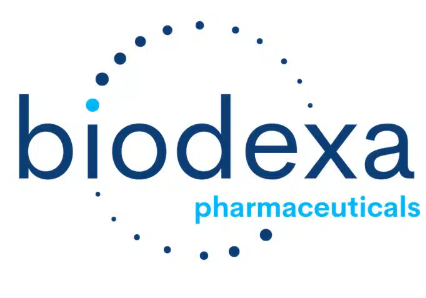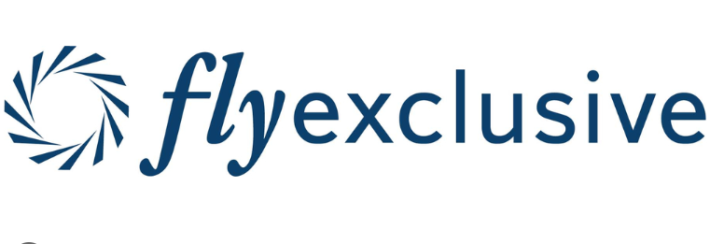Biodexa’s eRapa Granted FDA Fast Track Designation for Familial Adenomatous Polyposis

Biodexa Pharmaceuticals PLC (Nasdaq: BDRX) has secured Fast Track designation from the U.S. Food and Drug Administration (FDA) for its investigational drug eRapa, a proprietary encapsulated form of rapamycin, for the treatment of familial adenomatous polyposis (FAP). This designation is designed to accelerate the development and review process for drugs that address serious conditions with unmet medical needs.
FAP is a genetic disorder that causes the development of numerous polyps in the colon and rectum, typically during adolescence. If left untreated, the condition inevitably leads to colorectal cancer. Currently, the only treatment option is surgical resection of the colon and/or rectum, highlighting the urgent need for non-surgical therapeutic alternatives.
Biodexa’s Phase 2 clinical trial of eRapa demonstrated encouraging results, showing the drug to be safe and well-tolerated. Patients experienced a median 17% reduction in total polyp burden at 12 months, with an overall 75% non-progression rate. Notably, patients in cohort 2, who received a preferred dosing regimen of daily treatment every other week, achieved an 89% non-progression rate and a 29% median reduction in polyp burden. These results support the selection of this dosing regimen for the upcoming registrational Phase 3 study.
With no FDA-approved treatments available, FAP patients currently rely on active surveillance and eventual surgery to manage their condition. Biodexa’s eRapa offers hope as a potential non-surgical alternative, addressing a critical gap in treatment options.
In addition to the FDA Fast Track designation, Biodexa has previously received Orphan Drug designation for eRapa in FAP. The company also intends to pursue similar regulatory status in Europe, where FAP prevalence is estimated at one in 11,300 to 37,600 individuals, compared to one in 5,000 to 10,000 in the U.S.
As Biodexa advances eRapa into Phase 3 trials, the Fast Track status will facilitate close collaboration with the FDA, potentially expediting its path to market and offering new hope for FAP patients seeking alternatives to surgery.
You might like this article: Conduit and Sarborg Advance to Phase II of AI-Driven Drug Development



